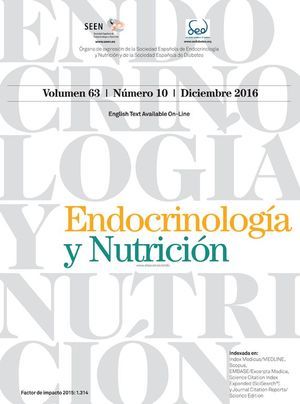Although sodium-glucose cotransporter-2 inhibitors (SGLT2i) were shown to lower hyperuricemic events in patients with type 2 diabetes mellitus (T2DM), the extent of this effect in the general population is yet to be elucidated. We performed an updated systematic review and meta-analysis on a large sample of patients with and without T2DM to evaluate the influence of SGLT2i therapy on clinically relevant hyperuricemic events, defined as the composite of acute gout flare episodes, acute anti-gout management or urate-lowering therapy initiation. Furthermore, we conducted a multivariate meta-regression to assess the relationship between different covariates and the pooled effect size.
Materials and methodsWe systematically searched all reported outcomes of interest in patients on SGLT2i (PROSPERO: CRD42023442077) across PubMed, Scopus and Cochrane databases looking for randomized controlled trials, observational studies and post-hoc analyses since inception until August 2023.
ResultsData from seven randomized controlled trials and seven observational studies were included for a total of 464,009 patients, 13,370 of whom did not have T2DM. A total of 50% of the patients included were on SGLT2i. The pooled analysis demonstrated that SGLT2i reduce clinically relevant hyperuricemic events by 33% (HR, 0.67; 95% CI, 0.59–0.77; I2=83%) regardless of the concomitant diagnosis of T2DM. The multivariate meta-regression on chronic kidney disease (CKD) showed a positive correlation on the pooled effect size.
ConclusionsSGLT2i reduce the risk of developing hyperuricemic events regardless of the concomitant diagnosis of T2DM. The multivariate meta-regression on CKD showed a significant impact on the main outcome. Further studies are essential to investigate more conclusively the extent of these beneficial effects.
Los inhibidores del cotransportador de sodio-glucosa tipo 2 (iSGLT2) disminuyen los eventos hiperuricémicos en los pacientes con diabetes mellitus tipo 2 (DMT2). Sin embargo, el grado de este efecto en la población general aún debe ser investigado. Presentamos un metaanálisis actualizado en una gran población con y sin DMT2 que evalúa los efectos de los iSGLT2 sobre los eventos hiperuricémicos clínicamente relevantes, definidos como el compuesto de episodios de gota aguda, comienzo del manejo de la crisis de gota o del tratamiento hipouricemiante, con una metarregresión multivariante dirigida a evaluar la relación entre diferentes covariables y el resultado.
Materiales y métodosRealizamos la búsqueda sistemática (PubMed, Scopus y Cochrane) para estudios aleatorizados, observacionales y análisis post hoc, desde su concepción hasta agosto de 2023, que comunican los resultados de interés en pacientes que reciben iSGLT2 (PROSPERO: CRD42023442077).
ResultadosSe recogieron datos de 7 estudios aleatorizados y 7 estudios observacionales en 464.009 pacientes, de los cuales 13.370 eran pacientes sin diagnóstico de DMT2. El 50% de los pacientes incluidos recibieron iSGLT2. El resultado principal muestra que los iSGLT2 reducen los eventos hiperuricémicos clínicamente relevantes en un 33% (HR: 0,67; IC 95%: 0,59-0,77; I2=83%) independientemente del diagnóstico concomitante de DMT2. La metarregresión multivariante sobre la enfermedad renal crónica (ERC) reveló una correlación positiva en el tamaño del efecto.
ConclusionesLos iSGLT2 reducen el riesgo de desarrollar eventos hiperuricémicos independientemente del diagnóstico concomitante de DMT2. La metarregresión multivariante sobre la ERC mostró un impacto significativo en el resultado principal. Se requieren estudios adicionales para obtener conclusiones más detalladas respecto a la magnitud de estos efectos beneficiosos.










